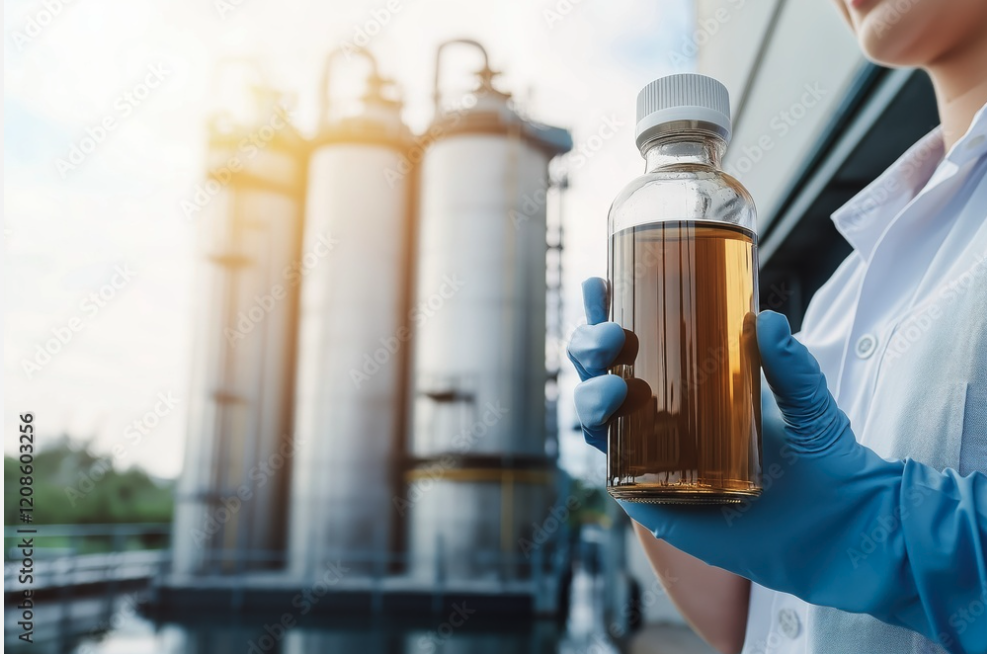Water is an essential resource for all forms of life, and access to clean and safe water is a fundamental right. However, due to many human activities, as well as natural processes, water has, and continues to, become contaminated with harmful substances.
Protecting Human Health 🩺: Waterborne diseases pose a significant threat to public health, particularly in areas with inadequate sanitation and water treatment infrastructure. Water treatment processes, such as filtration, disinfection, and chemical treatment, effectively remove or inactivate disease-causing microorganisms like bacteria, viruses, and parasites. By eliminating these pathogens, water treatment helps prevent the spread of waterborne illnesses, such as cholera, typhoid, and dysentery, saving countless lives.
Removing Chemical Contaminants 🧪: Water sources can be contaminated with various chemical substances, including industrial pollutants, agricultural runoff, and naturally occurring minerals. Water treatment facilities employ advanced techniques like coagulation, sedimentation, and activated carbon filtration to remove or reduce these contaminants. By eliminating toxic substances like heavy metals, pesticides, and pharmaceutical residues, water treatment ensures that the water we consume is free from harmful chemicals that could have adverse health effects.
Enhancing Aesthetic Quality 💧: Apart from addressing health concerns, water treatment also improves the aesthetic quality of water. Treatment processes remove suspended particles, sediment, and organic matter, resulting in clear and visually appealing water. By enhancing the taste, odor, and appearance of water, treatment plants contribute to a positive water consumption experience and encourage individuals to drink an adequate amount of water for proper hydration.
Preserving Ecosystems 🌱: Untreated or poorly treated wastewater can have detrimental effects on aquatic ecosystems. When untreated wastewater is discharged into rivers, lakes, or oceans, it can lead to eutrophication—a process where excessive nutrients cause excessive algal growth, depleting oxygen levels and harming or killing fish and other aquatic organisms. Water treatment facilities play a crucial role in removing pollutants and treating wastewater before it is released back into the environment. This protects aquatic ecosystems, maintains biodiversity, and ensures the sustainability of water resources for future generations.
Mitigating Water Scarcity 🥀: Water scarcity is a growing global concern, with many regions facing water stress or experiencing drought conditions. Water treatment can contribute to mitigating water scarcity by enabling the reuse and recycling of water. Advanced treatment technologies can transform wastewater into high-quality water suitable for non-potable purposes, such as irrigation, industrial processes, and groundwater recharge. This reduces the strain on freshwater sources and helps conserve water for essential uses.
Water treatment is of incredible importance for ensuring the availability of clean, safe, and sustainable water supplies. By protecting human health, removing chemical contaminants, preserving ecosystems, enhancing aesthetic quality, and mitigating water scarcity, water treatment plays a vital role in safeguarding our well-being and the environment. Continued investment in water treatment infrastructure, research, and public awareness is crucial to address existing and emerging water challenges, promote responsible water usage, and secure a healthier and more sustainable future for all.
IX Water is working to treat some of the most contaminated water in the world and turn it into the valuable resource it is. Join our mission and learn more: https://wefunder.com/IxWater

0 Comments